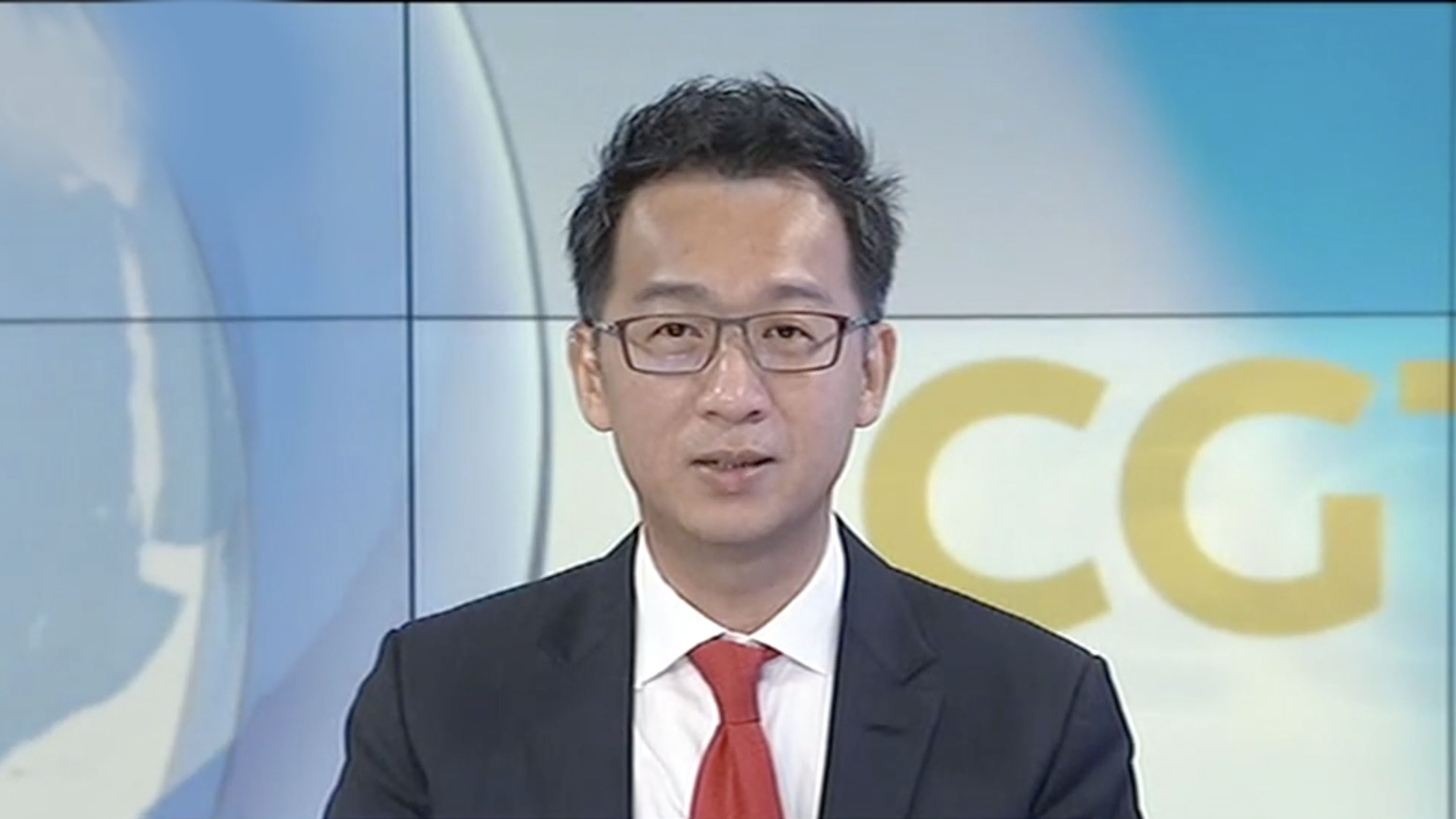
TV Show
18:21, 01-Feb-2019
China is working on a new, improved foreign investment law
The Dialogue with Yang Rui
01:21

The Standing Committee of the National People's Congress of China began a second review of the draft Foreign Investment Law on Tuesday. The new bill aims to further expand access to the Chinese market for foreign investors through deregulation and institutional reforms. It is seen as good news for foreign investment and may help grease the wheels of trade talks between Beijing and Washington.
"There is a huge improvement in this draft," said Tao Jingzhou, a managing partner at the Dechert LLP China Practice. He believes that the revised law is expected to become the basic legislative tool for China's foreign investment, and will replace the "Sino-foreign Joint Venture Law", the "Foreign Enterprise Law" and the "Chinese-Foreign Cooperation Enterprise Law".
He also pointed out that, "After more national treatment post establishment, state-owned companies, private companies, and foreign investors can be in the level playing field for their activities in China."
"The timing is very interesting," said Hong Hao, the chief strategist at the Bank of Communications International in Hong Kong, adding that the timing of the new draft legislation coincides with China-U.S. trade tensions. However, he believes that if we look back at the reform and opening-up over the past four decades, China has already made great improvements in allowing foreign investment. "We are changing for the better," Hong further added.
00:42

The draft legislation responds directly to the needs and concerns of foreign-invested enterprises. For example, it stipulates that policies to support development are equally applicable to domestic and foreign-invested enterprises and companies that can compete on a level playing field when it comes to government procurement.
"The fact is that China is opening-up to the rest of the world, and this is very important to know, this is not simply for the U.S., it's not just U.S. companies that can benefit from this, but this is for all countries around the world, this is an important litmus test to see how the international reaction is," claimed Einar Tangen, a current affairs commentator.
On the other hand, when it comes to intellectual property protection, the draft law emphasizes that partnering firms need to abide by the principle of fairness and equal consultation and that administrative departments must not force technology transfers.
Tangen pointed out that the protection of intellectual property rights is one of the important issues related to foreign investment. "Almost all of them say that IP practices in China have improved dramatically, it's not exactly a mirror of what Donald Trump wants from China. If you talk to foreign companies in China versus somebody who has never been here, it's a very different picture."
Although in recent times, unilateralism and protectionism, and the uncertainty they create have had a deleterious impact on the global foreign direct investment, Tao believes that Chinese new foreign investment law will help strengthen the confidence of foreign investors, which will be conducive to even greater investment.
(If you want to contribute and have specific expertise, please contact us at opinions@cgtn.com)

SITEMAP
Copyright © 2018 CGTN. Beijing ICP prepared NO.16065310-3
Copyright © 2018 CGTN. Beijing ICP prepared NO.16065310-3